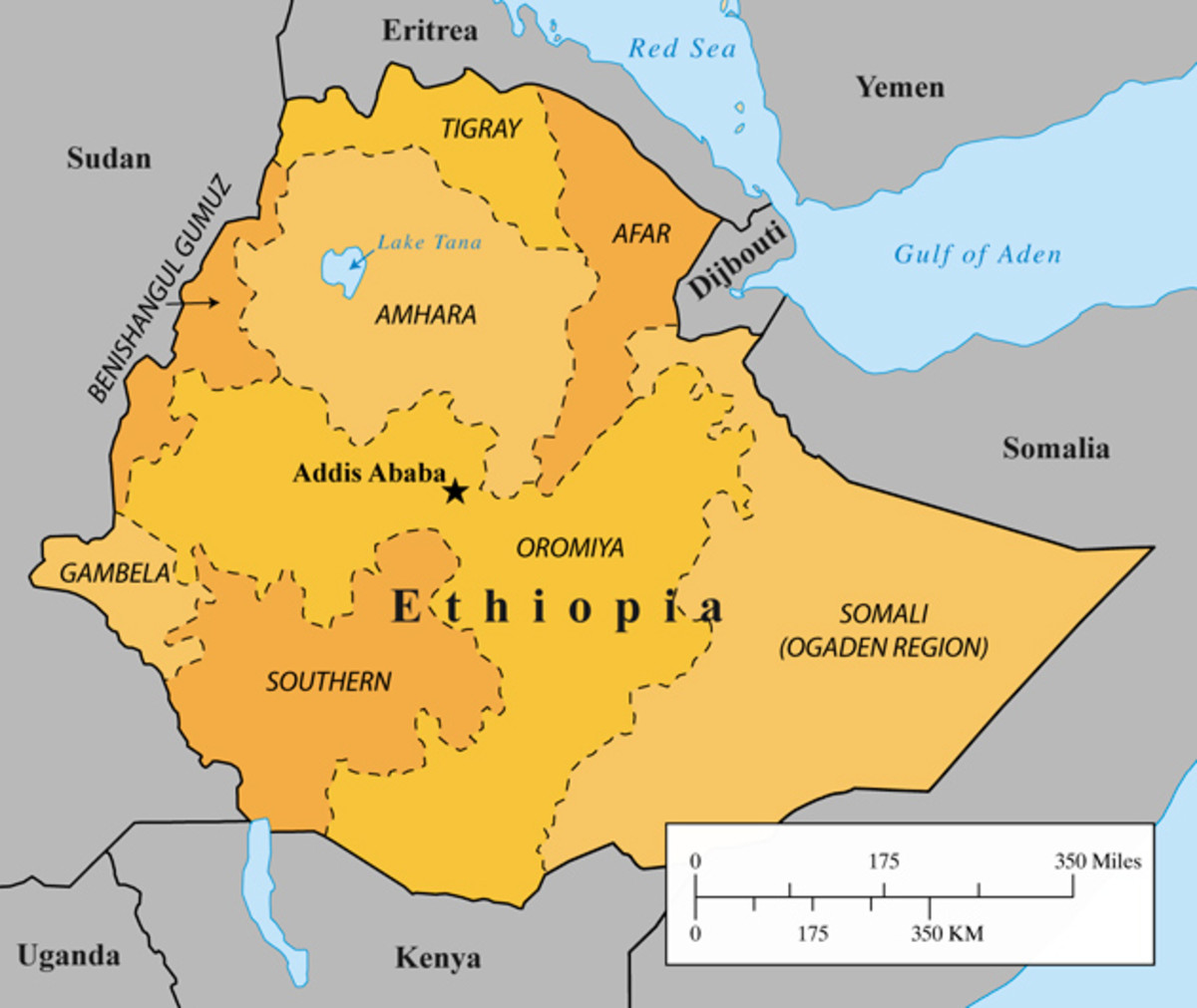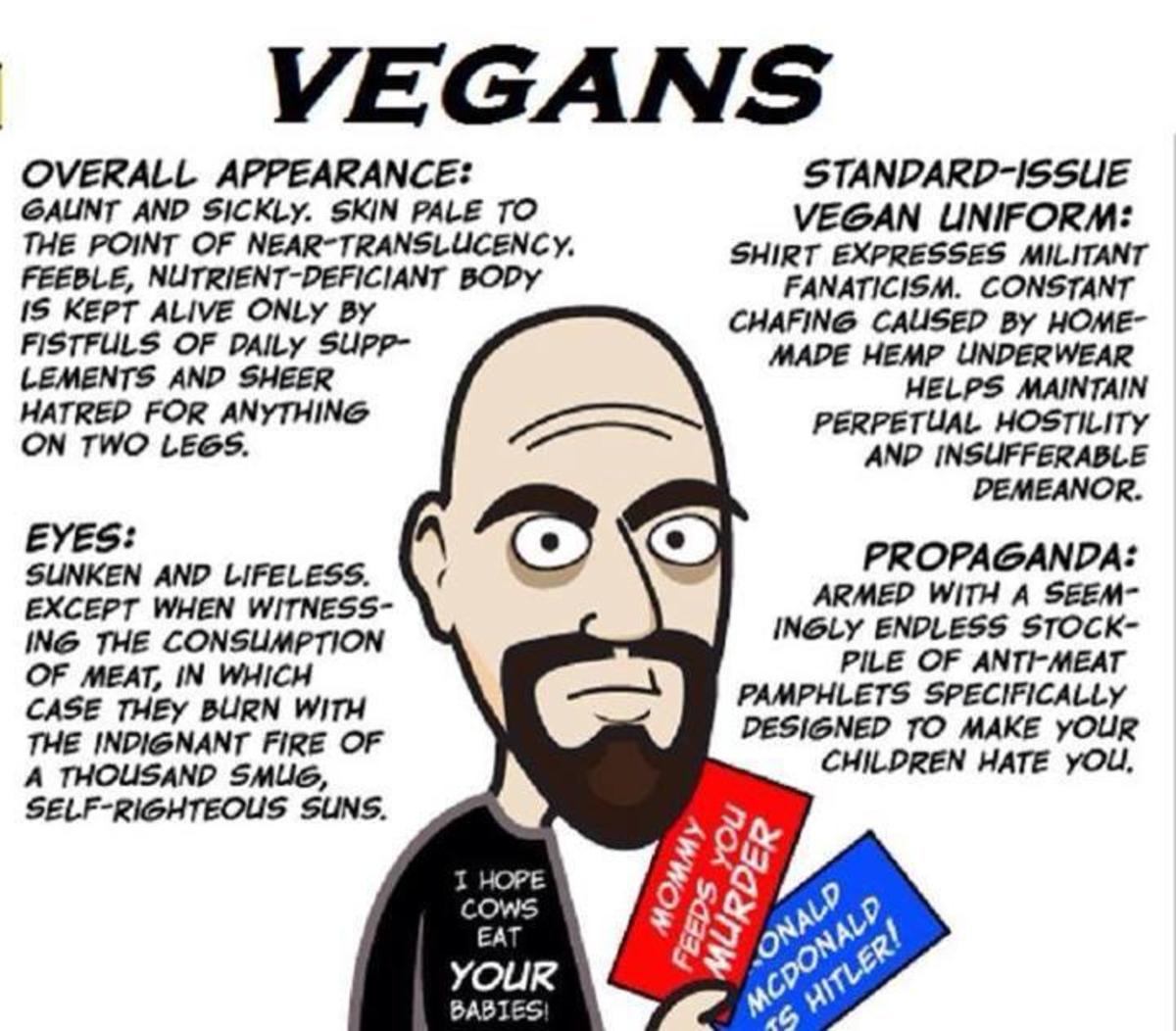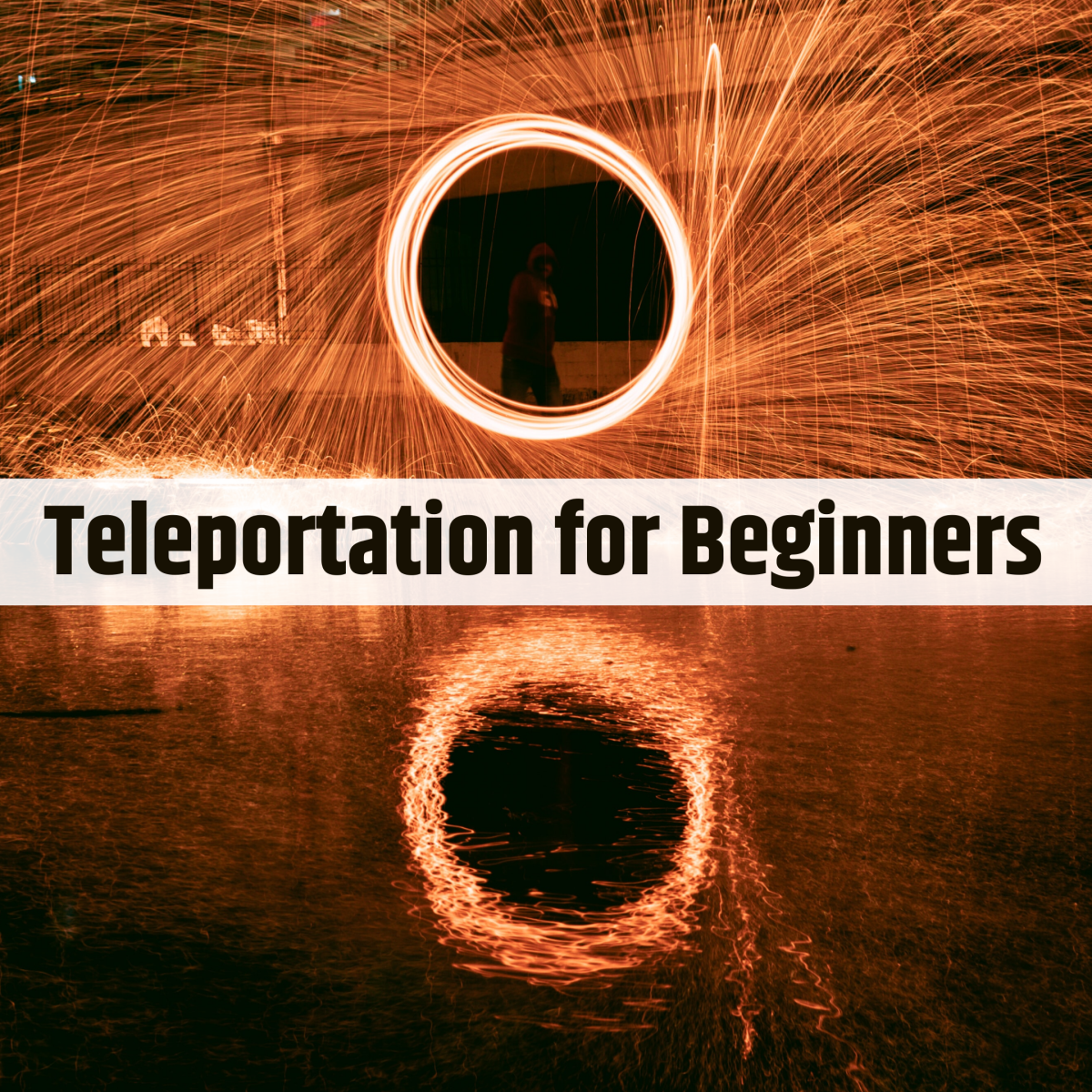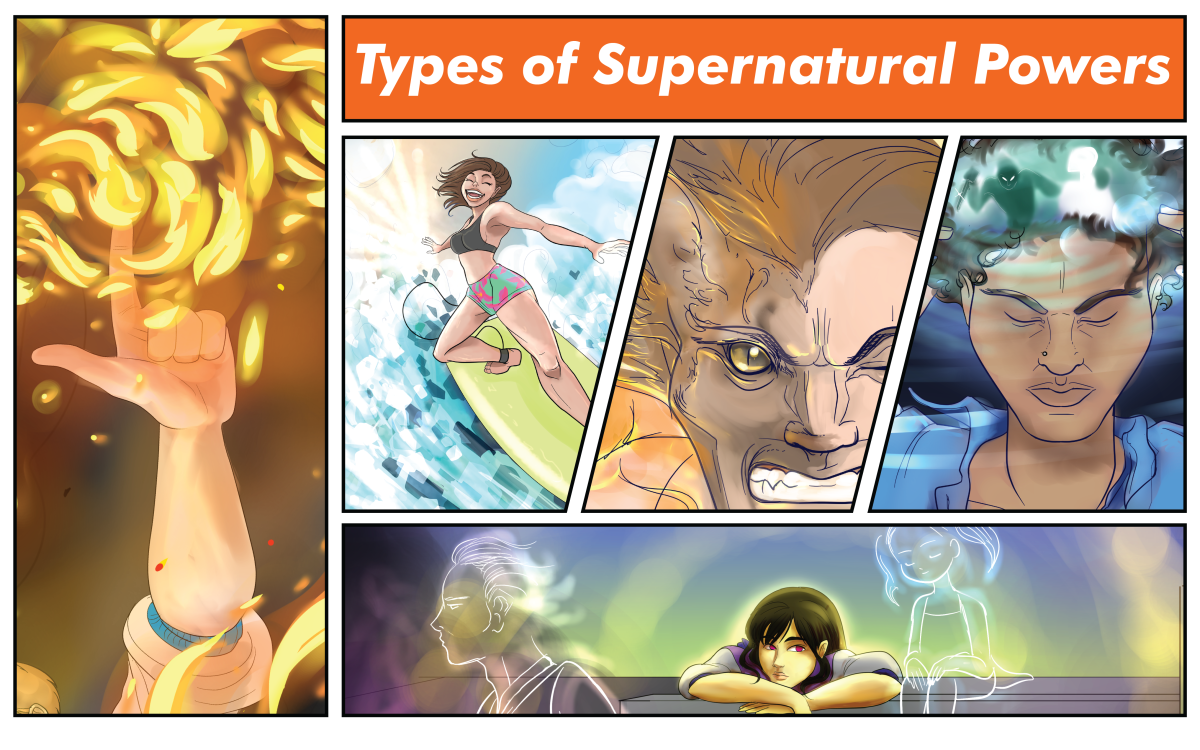Christians, the Dead Sea Scrolls, and the United Nations
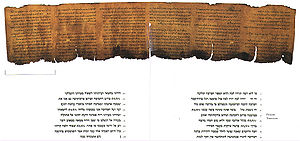
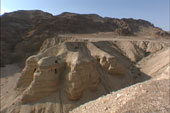
In 1947, the same year the UN approved the Partition Plan, the Dead Sea scrolls were found by a young, Bedouin shepherd boy. Why is this so significant? Read on...
The shepherd boy was near the northwest shore of the Dead Sea chasing after one of his animals that had scurried up into a hole in the rocky hillside that led into a cave.
As the boy attempted to throw rocks in order to startle the animal back out of the cave, he heard a crashing sound, like that of glass breaking. He drew closer in order to enter the cave. Once inside, he discovered several jars with lids.
The Bedouin boy, edh-Dhib, opened them and retrieved what appeared to him to be several very old scrolls. He took them back to his tent.
Later, the boy first took the scrolls to a dealer in Bethlehem. The dealer had told him that they were worthless after he had been warned that they may have been stolen from a synagogue.
Undaunted, the Bedouin boy went to a nearby market where a Syrian Christian offered to buy them. It was suggested that he take the scrolls to a nearby, part-time antiques dealer.
As the boy's story unfolded, the Bedouin boy managed to sell three scrolls to a dealer for £7 GBP (approx. $29 1947 US dollars).
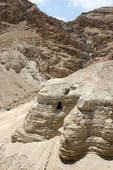
The Significance of the Dead Sea Scrolls
The significance of the scrolls relates in a large part to the field of textual criticism. Before the discovery of the Dead Sea Scrolls, the oldest Hebrew manuscripts of the Bible were Masoretic texts dating to 9th century. The biblical manuscripts found among the Dead Sea Scrolls push that date back to the 2nd century BCE.
Before this discovery, the earliest extant manuscripts of the Old Testament were in Greek in manuscripts such as Codex Vaticananus Graecus 1209 and Codex Sinaiticus. About 35% of the DSS biblical manuscripts belong to the Masoretic tradition, 5% to the Septuagint family, and 5% to the Samaritan, with the remainder unaligned.
The non-aligned fall into two categories, those inconsistent in agreeing with other known types, and those that diverge significantly from all other known readings. The DSS thus form a significant witness to the mutability of biblical texts at this period. The sectarian texts among the Dead Sea Scrolls, most of which were previously unknown, offer new light on one form of Judaism practiced during the Second Temple period.
This new information forces a serious Christian to take a second look at the evolution of Christianity as well as the following connection of the UN Partition Plan (aka Oslo Accords).
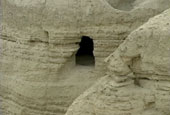
The UN, Great Britain, Israel and Palestine
After 1945 the United Kingdom became embroiled in an increasingly violent conflict with the Jews and in 1947, the British government withdrew from commitment to the Mandate of Palistine, stating it was unable to arrive at a solution acceptable to both Arabs and Jews.
The newly created United Nations approved the UN Partition Plan (United Nations General Assembly Resolution 181) on November 29, 1947, dividing the country into two states, one Arab and one Jewish.
Jerusalem was to be designated an international city and administered by the UN to avoid conflict over its status. The Jewish community accepted the plan, but the Arab League and Arab Higher Committee rejected it.
On December 1, 1947 the Arab Higher Committee proclaimed a three-day strike, and Arab bands began attacking Jewish targets. Civil war began with the Jews initially on the defensive but gradually moving into offence. The Palestinian-Arab economy collapsed and 250,000 Palestinian-Arabs fled or were expelled.

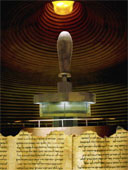
On May 14, 1948, the day before the end of the British Mandate, the Jewish Agency proclaimed independence, naming the country Israel. The following day the armies of five Arab countries — Egypt, Syria, Jordan, Lebanon and Iraq — attacked Israel, launching the 1948 Arab-Israeli War.
Morocco, Sudan, Yemen and Saudi Arabia also sent troops to assist the 'invaders'. After a year of fighting, a ceasefire was declared and temporary borders, known as the Green Line were established. Jordan annexed what became known as the West Bank and East Jerusalem. Egypt took control of the Gaza Strip. On May 11, 1949, Israel was admitted as a member of the United Nations.
During this same period of time the Dead Sea Scrolls had their own controversial issues for many religious reasons as well the reasons of land and territory. The display of the scrolls has at times attracted a great deal of controversy, with disputes yet today.
In 2009, when the Israeli Antiquities Authority displayed the scrolls at the Royal Ontario Museum, the Palistinian Authority protested, claiming they were illegally obtained by Israel.
This then, should force every religious scholar, every Christian, and every Jew that has an interest in the validity as well as the fulfillment of the entire body of scriptures, to take another look at what significance that these two incidents have in common, as well as the real connection the Christians have with the Jews.

